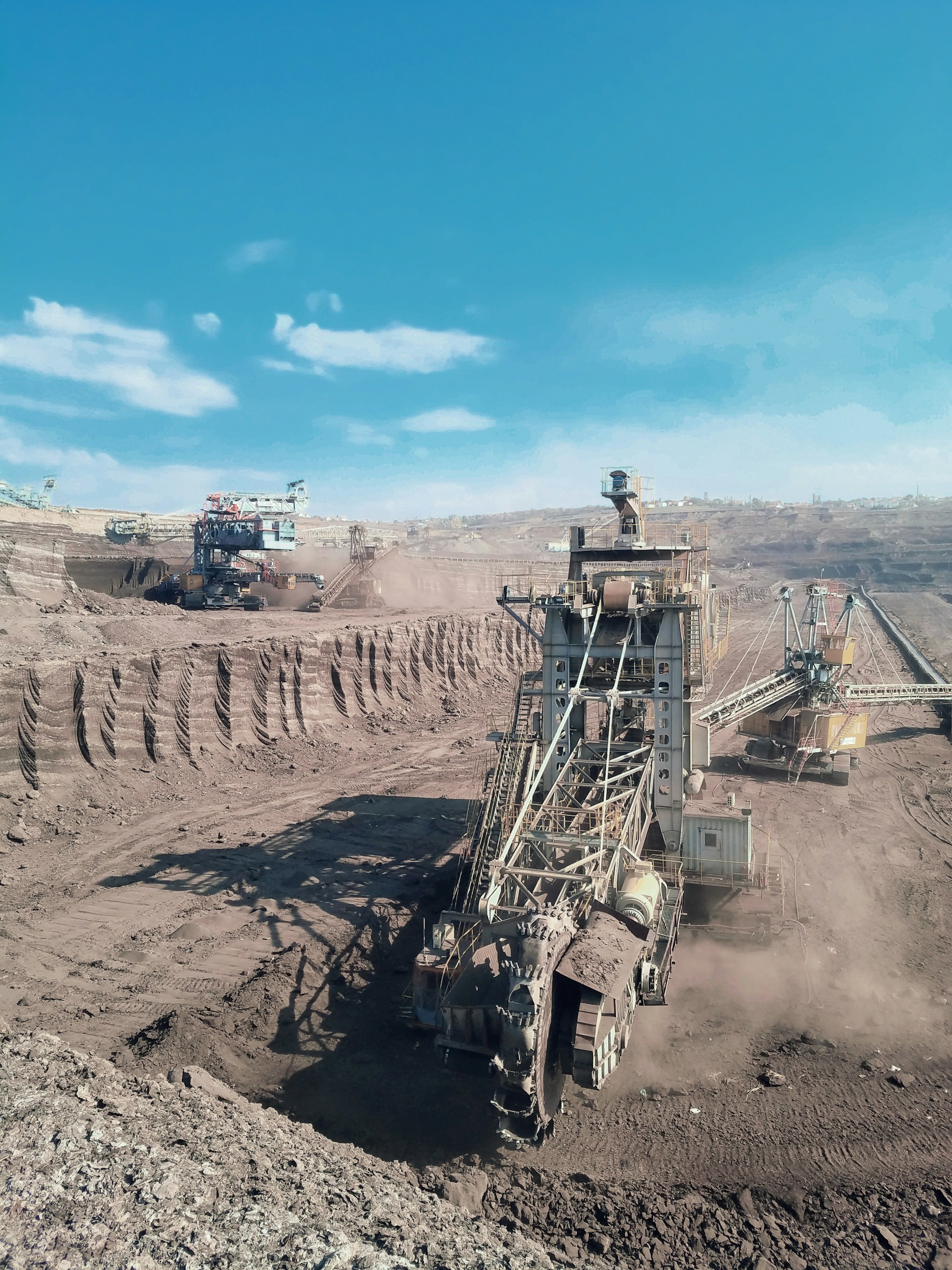Calix Secures $15M Grant for Zero Emissions Lime and Cement Demonstration
CXL (CXL) Share Update July 2024 Tuesday 23rd
Calix Awarded $15M Grant for Zero Emissions Lime & Cement Project
Australian environmental technology company, Calix Limited (ASX: CXL), has been awarded a $15 million grant from the Australian Government's Carbon Capture Technologies Program. This grant will support the construction of a world-first renewably powered carbon capture and use (CCU) demonstration plant in South Australia.
Instant Summary:
- Calix awarded a $15 million grant from the Australian Government.
- Grant will reimburse up to 50% of expenditure for a commercial demonstration electric calciner.
- Project aims to produce near zero emissions lime and cement.
- Leilac technology will capture up to 20,000 tonnes of CO2 emissions annually.
- Up to 15,000 tonnes of CO2 will be sold to the SM1 project for green methanol production.
- SM1 project developed by a consortium including Vast and Mabanaft.
- Second phase aims to develop near zero emissions cement.
Project Overview
Calix Limited has been awarded a $15 million grant from the Australian Government's Carbon Capture Technologies Program. This funding will support the construction of a renewably powered carbon capture and use (CCU) demonstration plant in South Australia. The plant will produce near zero emissions lime and capture industrial CO2 emissions for use in the HyGATE-funded Solar Methanol 1 (SM1) project.
The grant will reimburse up to 50% of the expenditure needed to build a commercial demonstration electric calciner. This novel project will create two revenue streams: a near zero emissions lime product and the sale of captured CO2 for use as a chemical feedstock. The Leilac technology will be used to capture up to 20,000 tonnes of process CO2 emissions annually, which are unavoidably produced during the manufacture of cement and lime.
Key Details
Up to 15,000 tonnes of CO2 per year will be sold to the SM1 project to produce green methanol, with any additional captured CO2 potentially supplied to other local industrial users. The SM1 project is being developed by a consortium that includes Vast and German energy company Mabanaft, under the Australian-German funded HyGATE initiative.
Calix will collaborate with its partners on the operation of the electric calciner and the sale of its lime products. The second phase of the project aims to develop a novel cement-making process for near zero emissions cement.
Industry Impact
Lime is a critical material used in various industries such as iron & steel, alumina, paper, pharmaceuticals, food, farming, and chemicals. The demand for lime in Australia is expected to grow by 57% between 2022 and 2050. The production of lime and cement accounts for approximately 8% of global greenhouse gas emissions.
The 'Zero Emissions Intensity Lime and Cement Technology Built in Australia Project' (ZETA Project) will use an electric and renewably powered version of the Leilac technology to efficiently capture process CO2 emissions and produce near zero emissions lime and cement. In phase 1, the technology will produce around 15,000 tonnes per annum of near-zero emissions lime and capture up to 20,000 tonnes per annum of high-purity CO2.
Future Developments
In the second phase, the ZETA program will aim to expand production to include the processing of cement raw meal to a near-zero emissions cement clinker product. The project aims to develop a novel route to zero emissions clinker production, reducing cost, energy consumption, and footprint.
The ZETA Project aims to deliver revenue from two streams: near zero emissions lime and the supply of captured CO2 for use as a chemical feedstock. The electric calcination technology enables fast start-up and shut down, and highly flexible production rates, supporting more cost-effective electric mineral processing and future grid load-balancing applications.
The grant and the development of the ZETA Project are significant steps towards decarbonizing the lime and cement industries. This project could positively impact Calix's stock by showcasing its innovative technology and potential revenue streams. The broader market may also see this as a positive move towards sustainable industrial practices.
Investor Reaction:
Phil Hodgson, CEO and Managing Director of Calix, expressed excitement about the funding and the project's potential to demonstrate solutions for national priorities. Vast CEO Craig Wood and Mabanaft's Director New Energy Philipp Kroepels also highlighted the importance of government support in developing sustainable fuels and decarbonizing hard-to-abate sectors.
Conclusion:
Investors should keep an eye on the progress of the ZETA Project and the potential for Calix to expand its technology to other industries. The successful implementation of this project could position Calix as a leader in industrial decarbonization. Subscribe to our newsletter for regular updates on Calix and other stock market news.